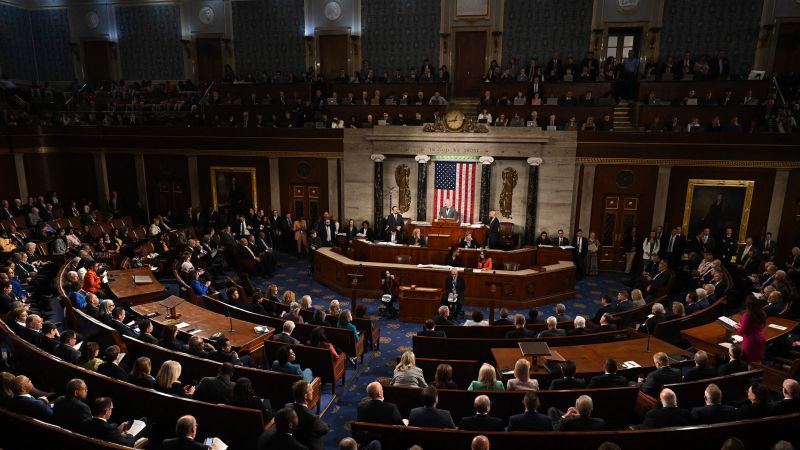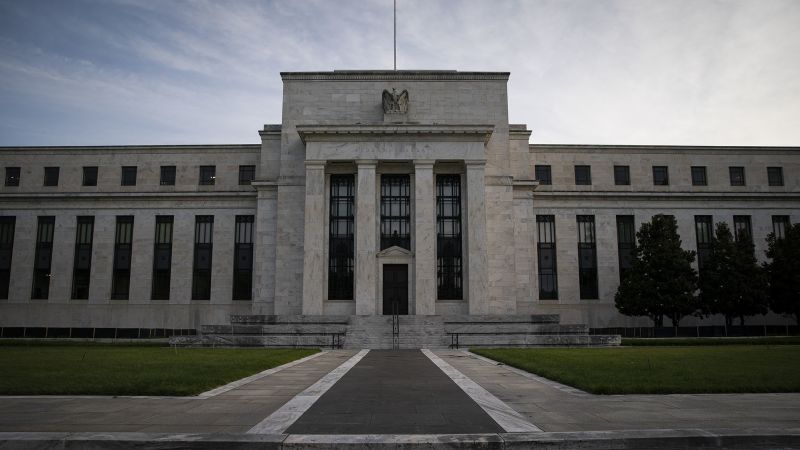VMware, Inc. (NYSE:VMW) saw substantial declines today as the deal spread widened on concerns for the last leg of the Broadcom (AVGO)-VMware deal. We have covered the deal in the past, focusing on the fact that obvious antitrust issues weren’t present, at least as far as Western governments were concerned. But the last leg of antitrust approvals and the success of the deal depends on China’s SAMR.
They are asking behavioral remedies. It is not clear what these are, and markets are right to be a little concerned since this could interact with the chips ban and other restrictions being placed on sensitive exports to China. Our opinion, although we aren’t staking cash on it, is that China won’t ask the impossible of Broadcom where it concerns technology sharing and the trade of restricted hardware, as further self-destruction wouldn’t be popular. However, the size of the decline today reflects the possibilities of the deal failing in a much more economically nationalistic world.
Consensus View
The extent to which Broadcom has been subject to deteriorating trade relations between China and the U.S. begins with the Huawei bans in 2019 under President Trump. With the broadening of the list of restricted chip exports to China, and the associated retaliations of restricting imports by China, the fallout of increasing economic nationalism is impacting VMware today as unclear behavioral remedies are being asked by the SAMR of Broadcom, causing quite a sharp price movement. Note that Broadcom trades together with other hardware companies around any headlines concerning the chips ban, and has hardware that could conceivably be restricted in trade.
To be clear, the VMware concerns cover an expansion into cloud offerings, and doesn’t have an impact on the hardware profile of the combined entity to a great degree. In principle, SAMR should only be addressing legitimate concerns around the cloud offering and the impacts of the merger on competitive dynamics in this market. But the pretty meaningful decline and widening of the deal spread reflect the scenarios considered by speculators where maybe China, through SAMR, in its recent spate of economically nationalistic policies, risks asking too much of Broadcom, even outside the SAMR mandate, where the deal can no longer close. Investors who believe that this is impossible on the basis of espoused scopes and independence of Chinese institutions are introducing an unnecessary blind spot.
However, there is apparently reporting from sources familiar with the matter that possible state-wide objectives aren’t getting in the way as of now, and that the deal should close relatively on schedule, if not by the end of October as planned then in November. Behavioral remedies should include run-of-the-mill considerations. In our original article on the deal, we focused on the matter that Broadcom is usually pretty aggressive in restructuring its acquisitions, so requests may be around firing employees in China, especially as macroeconomic concerns in China, particularly around reported unemployment, are quite intense at the moment. In general, the already painful effects of some deglobalization after the Ukraine war on China, which remains in the same orbit as Russia, has been a deterrent of aggressively decaying relations where restrictions in trade have for the most part been unilateral on the side of the West, with China’s retaliatory options limited primarily to some protectionism around fertilizers and some import restrictions on less critical hardware like that of Micron’s (MU).
Bottom Line
An unsophisticated summary could be just that China risks being spiteful as far as it concerns this deal, and may use the SAMR and some competitive concerns to tank the deal. It could even be a strategic move depending how you look at it, and it’s also not an excessive blow to the U.S. trade situation where it would warrant meaningful response by the U.S. government. It would only really affect VMware’s share price which has benefited from substantial upward drift as the deal nears its close with the deal spread now being around $17.
As economic nationalism has been a key theme for the 2022-2023 markets, traders are right to be concerned, and are likely pricing the risks to a reasonable degree. We still think the deal should close, as it would be an aggravating move by China, but on a probabilistic basis VMware, Inc. is probably not a screaming buy opportunity, either.
Read the full article here







